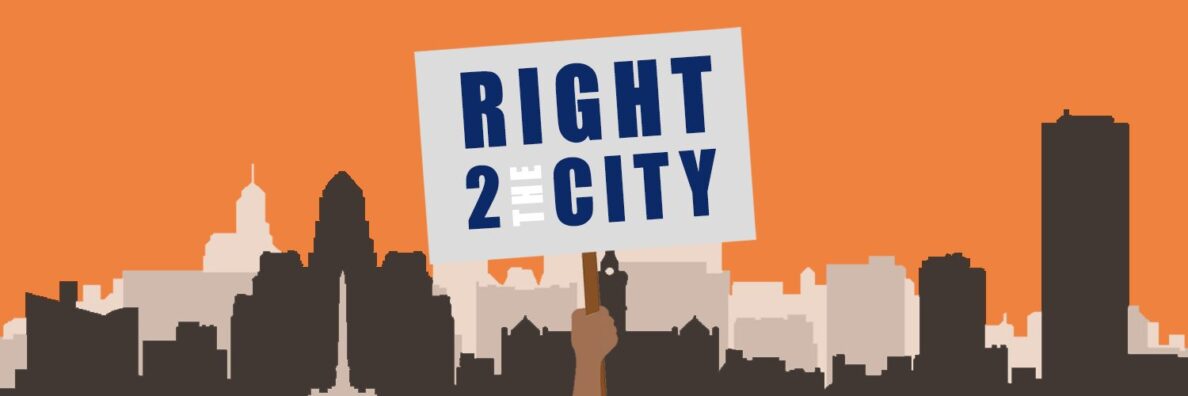
By Paul Lane
Reposted from Buffalo Business First
Jun 9, 2020
A new scholarship for African American students at one local college is among the signs that the academic world students will return to — whenever that might be — will be far different than the one they left in March.
SUNY Buffalo State last week established a George Floyd Memorial Scholarship Fund. The endowed scholarship will provide one incoming freshman $10,000 per year, with $250,000 being designated to launch the effort. Fundraising is underway to boost that fund to $1 million.
The fund was set up in response to a challenge from Scott Hagan of North Central University, who issued it at last week’s memorial service for George Floyd, the Minnesota man who died after being pinned down by police in Minneapolis in May.
“We are deeply saddened by the circumstances that led to the scholarships creation, but we wholeheartedly support President Hagan’s suggestion and hope the community will contribute so that we can work together to break the cycle of injustice, and inspire young black leaders in our community,” said Buffalo State President Katherine Conway-Turner.
The circumstances around Floyd’s death and the subsequent demonstrations nationwide are creating a wave of change that could be felt on college campuses, which have been vacant since Covid-19 forced them to be vacated mid-semester. Many schools are working toward a fall return, although whether than can happen is yet to be determined. Whenever they come back, though, the events of the past few weeks may usher in the type of world that students and their instructors want to see once the pandemic ends.
“Over the last decade, we have replaced conversations around race with conversations around inclusion and diversity, which shifts the conversation and issue away so that we don’t have to deal with all of those complex issues that are related to grappling and dealing with race. Inclusion and diversity, in my view, has been nothing more than a smokescreen to marginalize the discussions of race and, in particular, the issues facing African Americans,” said Henry Louis Taylor Jr., professor of urban and regional planning at UB’s School of Architecture and Planning.
To that end, Niagara University is setting up a task force to “identify and create objectives and outcomes for systemic change,” according to President James Maher. That Identifying and Dismantling Racial Injustice Task Force will make recommendations on additions to the school’s master plan and other measures to increase campus diversity.
“Know that we have colleagues and students who may feel fearful, anxious, exhausted, depressed, and very much alone. Given our distancing and isolation, we must redouble our efforts to connect with and care for one another,” he said.
That separation can create more potential rifts, according to Villa Maria College President Matthew Giordano. So he’s calling upon students to remain focused upon using the pent-up frustration caused by what’s happened throughout most of this year, and to channel it into creating a better world.
“That does not mean that we shy away from or avoid addressing the issues that are prevailing in our country. On the contrary, it means that we engage them with the intention of bringing us back to our values,” he said.
Schools, like most other aspects of society, will have to adapt to meet these changing needs, Taylor said. While conversations are helpful, they won’t be enough once coronavirus passes and people can fully engage in this new society. For example, science departments and medical centers can work to have more African Americans and Puerto Ricans working and training in them.
“The American people are not interested in going back to that old world. That old world is gone, and nothing that we can say or do can bring us back to the pre-COVID-19 world, so we’re caught in this kind of purgatory, this kind of transitional moment. What you’re seeing on the streets is people articulating a vision of the type of society that they want to see afterward,” he said.
